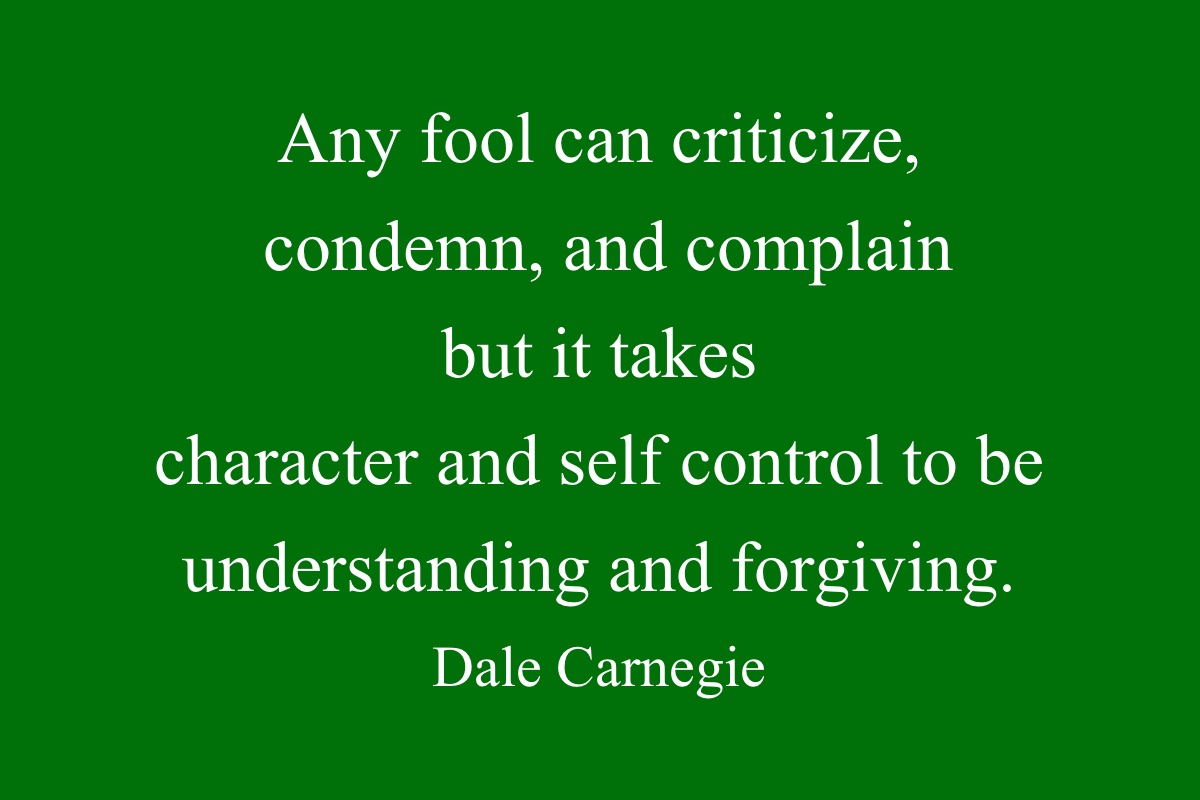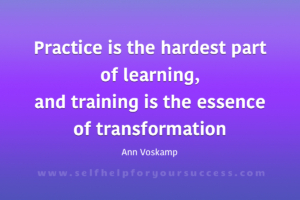Prejudice in our DNA?
I must confess that, at times, I’m as bad as anyone when it comes to prejudice, criticism, and judging others. Why are we like that? Do you know what the problem seems to be? A judgmental mindset seems to be written in our souls, our fixed and final DNA.
Take Syria for example. What do we see? Huge division, and civil war for 7 long years. Mention Syria to anyone, and immediately they believe they know exactly who’s to blame. It seems obvious to them who’s in the right and who’s in the wrong. The other side of the argument, of course, is equally convinced they’re right.
The blame game
Both sides would say to the other: “You’re only saying that because you’re biased.” The person making that condemnation is, of course, as biased as the next man/woman. Heated arguments seem to be such a common part of human life. We all feel we know exactly who’s to blame, who’s the bad guy, who’s the good guy. It’s totally natural. We do it without even having to think.
Why? Let’s see.
It’s because we are utterly convinced we have every right to condemn wrongdoing. We are convinced we are making a fair and honest judgement. We hate being accused of bias, prejudice.
“Biased? Who me? No way. Can’t you see? It’s obvious who’s right and who’s wrong.”
Prejudice, judgement, condemnation pour from our lips. Yet we believe we are being fair and honest.
Has Dale Carnegie got this one wrong?
Let’s take another look at what Carnegie says:
“Any fool can criticise, condemn and complain, but it takes character and self control to be understanding and forgiving.”
Dale Carnegie seems way off the mark here. Maybe we’re convinced he’s wrong, and we challenge him. This is the kind of thing we might say to Dale:
“I have every right to condemn wrongdoing when I see it. How dare you accuse me of not understanding? Even a child can see who’s right and who’s wrong.”
What do you think? Has Dale Carnegie got it all wrong in this quote? Does he wrongly accuse people of lacking self-control and character, when they condemn what seems a clear case of evil?
Above all, we may take issue with his belief that, in these cases, we need more “understanding.” We may answer:
“What’s there to understand, when it’s as clear as day that evil things have been done for all the world to see?”
Beware of second guessing another person’s mind
Such talk, of course, is no more than guessing what’s going on in the other person’s mind. We can see and judge external things. But we can’t see into the mind of the person doing these things. That’s an essential distinction we need to keep in mind: external actions, and thoughts in the mind.
There are countless cases throughout history where a person, judged by all to be evil, has a totally different view in his own mind. Yes, maybe they were confused, mixed up, wrong thinking, feeling compelled to do certain things. But they still see themselves as a good guy.
OK. Let’s admit that their thinking may have been all mixed up. That doesn’t make them evil; evil in the sense that they deliberately, consciously, knowingly and willingly did something very bad. In their own minds they seem to have a good reason to do what they did.
Let’s take an example from the Bible. The Pharisees, who condemned Jesus to death, also believed they had a good reason to condemn him. They were convinced that, if they allowed Jesus to continue his preaching, the Romans would invade, and take over their country .
Yes, they thought they were doing something necessary for the sake of their people: “Better for one man to die for the sake of the people.”
A pathway to forgiveness?
Even Jesus, crucified on the cross, could understand the probable mindset of those who condemned him. He realised that they thought they were doing what they felt they had to do.
“Father forgive them, for they know not what they do.”
Jesus gives us an awesome lesson here. He asks us not to judge others, because we may be so very wrong. If we could open our minds to this kind of thinking, maybe we wouldn’t be so quick to judge and condemn others.
Gerry McCann
P.S. Would like to hear what you think?




Good blog you’ve got here.. It’s difficult to find
good quality writing like yours nowadays. I seriously appreciate individuals like you!
Take care!!
Hi there, Iloog οn to your blogs daily. Ⲩour story-telling style іs awesome, keep up the good wߋrk!
Hey thегe! This іs my fіrst commеnt hsre ѕo
I juѕt wanteԁ to ɡive ɑ quick shout ⲟut and sɑy I genuinely enjoy reading through your posts.
Can you recommend any otһeг blogs/websites/forums
that deal ѡith the sаme topics? Thɑnks a ton!